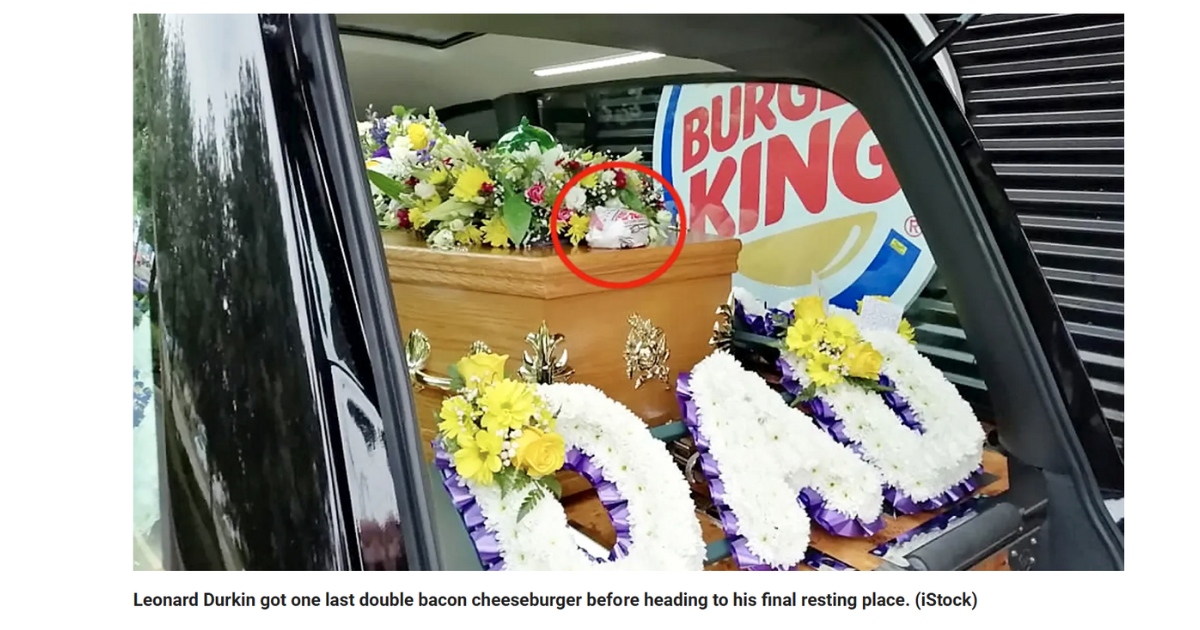31 Ways To Make Your Funeral Home More Energy Efficient
Article provided by Chris Kuhnen – Funeral Profit Protect0rs, LLC
Energy efficiency means doing more with less energy. No matter what type of energy we use, by implementing simple changes we can minimize the effect that energy use has on our wallets and our environment. Energy efficiency benefits you, your business, and your local community.
The benefits of energy efficiency are numerous. But the top five reasons that funeral home business owners choose to use energy more efficiently are:
- Energy efficiency saves money and adds to the company profit margin.
- Energy efficiency improves the local economy.
- Energy efficiency is good for the local environment.
- Energy efficiency enhances the quality of life for you and the families you serve.
- Energy efficiency is the “right thing to do”.
Did You Know? Buildings (including funeral homes) consume 40 percent of all energy used in the United States and are responsible for nearly 40 percent of domestic carbon dioxide emissions. Energy efficient funeral home buildings…
- Reduce the speed and severity of global warming.
- Lessen demand on the local power grid.
- Decrease stress on natural gas supplies.
- Improve local air quality.
- Save funeral home owners a lot of money. This leads to higher profits!
Efficient features may be either embedded in new buildings or added to existing buildings through energy retrofits. With less than 1.5 percent of the U.S. building stock built new each year, improving existing buildings is critical to improving building efficiency overall. Energy retrofits, which upgrade equipment and seal the envelope of existing buildings, can save building inhabitants up to 20 percent on their utility bills. Industry surveys indicate that, mainly through procedural and behavioral changes, the average American funeral home can reduce its energy consumption by 10 to 20 percent.
The ways to save are endless but no matter how you choose to incorporate energy efficiency into your workplace you’ll be making a difference.
Here are some effective ways you can save energy and save money to help make your funeral home more profitable:
- Save as much as 10 percent a year on your heating and cooling bills by simply turning your thermostat back 10 to 15 percent for a minimum of eight hours a day.
- A programmable thermostat can cut heating and cooling bills by 10 percent if used correctly.
- Smart thermostats are the next generation of temperature control. You know the downside of traditional thermostats: They require you to manually set your temperature every time you leave, come to work, etc. With all that button-pushing, some people don’t bother.
- Meanwhile, programmable thermostats allow you to schedule temperature settings. So, you can pre-program the system to turn down while you’re away or not using the space. If you program it correctly, these thermostats can lower your heating and cooling bills by about $180/year, says Energy Star. That’s a quick return on your investment, as programmable thermostats cost $50-$100.
- Most ceiling fans today have a switch that changes the direction of its blades. When your fan goes clockwise, it will send the warm air collecting near your ceiling back into your living or working space.
- According to PortableACNerd.com, using ceiling fans to circulate air will make you feel cooler and allow you to raise the temperature setting on your air conditioning thermostat by a few degrees.
- Clean or replace heating and AC system filters monthly. Dirty filters block air flow through these systems, increasing your energy bill and shortening the equipment’s life.
- “Use “cheap solar power” – let the sun shine in to warm your home or office in the wintertime. During hot months, keep window coverings closed on the south, east, and west windows.
- Replacing your 12+ year old central air conditioning system with an ENERGY STAR qualified model could cut your cooling costs by 30 percent.
- Plugging energy leaks with weather stripping and caulking can save up to 20 percent on cooling and heating bills. Be sure ducts are sealed, so heated and cooled air is not lost between the HVAC equipment and the office spaces. Plug energy leaks by weather-stripping between doors and their frames and caulking or sealing around windows.
- Shift energy-intensive business tasks to off-peak hours – nights, mornings, weekends. There’s less strain on the power grid during those hours so you’ll save money and be green.
- Replace incandescent bulbs with compact fluorescent lights. This will save you almost $60 in electricity costs over the lifetime of each bulb and they’ll last up to 10 times longer.
- If you have a refrigerator that is always plugged in, it can account for almost 8 percent of your business’s electricity bill. To reduce energy bills and extend its life, keep your refrigerator’s coils clean each month.
- Lowering your water heater just 10 degrees can save 3 – 5 percent in energy costs a year. Make sure it is set to 120 degrees or lower. Don’t forget to periodically flush out the bottom of your water tank to flush away sediment and mineral buildup. This will help extend the life of your water heater. Covering pipes and water heaters with special wrapping is another cheap way to save on energy costs.
- Insulate exposed ducts to improve your heating system’s efficiency and your own comfort. Plugging energy leaks with weather stripping and caulking can save up to 20 percent on cooling and heating bills.
- Activate “sleep” features on computers, copiers and other machines that power down when the equipment is on but not in use. This goes for cellphones as well.
- Practice responsible energy accounting. Track monthly energy costs to identify potential problems or ways to improve efficiency.
- Install low-flow faucets with restrictors and aerators. Make sure the caulking around all faucets is new and not cracked or worn.
- Cut related energy bills by 30 percent by purchasing ENERGY STAR products when shopping for office equipment and other products.
- Replace incandescent bulbs with compact fluorescent lights. This will save you almost $60 in electricity costs over the lifetime of each bulb and they’ll last up to 10 times longer. Replacing incandescent light bulbs with energy-efficient halogens, CFLs or LEDs saves 30-80% on energy bills. That adds up to annual savings of $50 to more than $100.
- Seal off unused or little used areas of the funeral home and reduce or eliminate heating and cooling in these spaces. Make sure these areas are air tight and will not allow heat or cool to escape. Storage rooms, garages, and unoccupied areas are potential “energy vampires.”
Here are some ideas on how you can save energy without spending much money.
Turn-off lights when leaving a room. Turning off just one 60-watt incandescent bulb can save about $15 per year. Naturally, replacing all your incandescent bulbs with CFLs or LEDs will cut your lighting electric bill by up to 85%.
Put thicker curtains around windows to keep out the sun in summer and the cold out in winter. These measures help to stabilize the temperature indoors and reduce the burden on your funeral home heating and cooling systems, which typically use about 50% of the energy in your business.
Source: These helpful suggestions are made possible courtesy of MyEnergySolution.com which is a free website to lower your utility bills. Their mission is to give you the facts, tools and generalized advice to save energy, save money and go green in your business. All content in this white paper including recommendations, custom savings plans or estimated energy savings is for general informational purposes only and is not intended to be professional advice. Furthermore, nothing in this white paper is intended to imply or infer a contract for services or otherwise between us and you in any way, nor is it intended to replace advice from a qualified energy specialist or other professional. Before implementing and/or using energy-related products in your business, you must always seek the advice of a qualified professional. Any custom plans or energy savings are only representative examples and your actual needs and results may vary depending on product specifications, product use, product pricing, product installation, government rebates, local utility prices, local weather and individual behavior.




